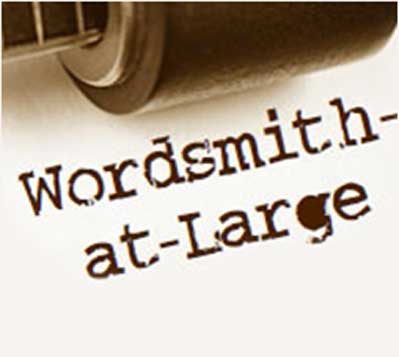Did Donald Trump write a Christmas song or something? I ask that because there seems to be a recent spate of challenges to a couple of classic Yuletide ditties as to their appropriateness in today’s politically correct society. And if there’s a problem with anything going on in the world, it’s a sure bet someone will find a way to tie it to the President, whether he’s culpable or not. Example? No doubt The Donald is directly responsible for the six inches of global warming that fell on North Carolina’s capital city this week. But I don’t think he’s moved a grand piano into the Oval Office to compose holiday tunes.
At issue this holiday season has been the ongoing debate among radio stations on whether or not to play a song written by Frank Loesser during World War II called Baby It’s Cold Outside. Some proponents of a complete ban say the song promotes date rape, brought to light lately by the MeToo movement. Those in support of the tune say it may indeed be sexy in nature, but it’s a conversation between two adults exploring some possibilities, with neither one being forced to do anything they don’t want to.
While the debate rages, it probably should be noted that the song really doesn’t even come close to being a Christmas carol. It’s always played around this time of year, but so is Winter Wonderland. There is no mention of the Reason for the Season in either song. Ditto Let It Snowand Frosty the Snowman. That’s music that just seems appropriate for the time of year.
But the brouhaha over Baby It’s Cold Outsidegot me to thinking about some of the other melodies ubiquitously filling our ears through car radios, shopping center speakers, and our own myriad devices. Do we need to delve deeper into lyrics based on contemporary mores?
Let’s take a look. Santa Claus Is Comin’ To Town. In addition to telling us we had “better watch out” and “better not cry” or “pout” or “shout,” it also says Santa “sees you when you’re sleeping and knows when you’re awake.” Isn’t that an obvious invasion of our privacy? Sure there are cameras seemingly on every street corner now, but do those lyrics mean the fat jolly elf is spying on us in our own homes without our consent or a court order to do so?
Deck The Halls. The third line says, “Don we now our gay apparel.” Is that some kind of LGBTQ message and is the listener being homophobic if he/she finds the suggestion questionable? And what the heck does Fa-La-La-La-La mean?
Frosty The Snowman. I mentioned this one already, but you do have to wonder if this particular corncob-piped, button-nosed, coal-eyes melting character is a symbol for climate change.
Rockin’ Around The Christmas Tree. Is this a commentary on office parties and the questionable behavior that can sometimes occur at such events? “Everyone dancing merrily” may not be appropriate.
The Twelve Days of Christmas. Americans as a whole are deeply in debt as it is. If someone were to go out and purchase all the items listed in the lyrics this year just to possibly buy a certain someone’s affections, it’ll set them back a little over $34,500. Might as well hit the Neiman-Marcus catalogue instead (no messy geese a-layin’.)
White Christmas. Okay, here’s an obvious one. What’s wrong with having a Black Christmas? Retail establishments count on big time sales in December to put them in the black for the year as far as profit is concerned.
The Christmas Song(better known as Chestnuts Roasting on an Open Fire). Some may sing this and say they don’t see anything possibly wrong with tiny tots, Jack Frost, and a roaring fire. But what about the line that says, “to kids from one to 92?” Two of my Dad’s best friends turned 93 this year. Are they no longer able to enjoy the season because they’ve aged out? Yes it’s needed for the rhyme, but it’s also discriminatory to say the least.
I’m sure the list could go on and on. Surely, though, there are at least one or two songs that can be sung without issue. Maybe Jingle Bells? But, alas, “dashing through the snow in a one-horse open sleigh” might be construed as dangerous, especially if kids are riding along.
Perhaps it’s just best to stick to carols that give credence and praise to the birth of a particular baby. For many, it’s hard to find fault with that. If we’re still singing about that event two thousand years later, chances are it’s okay to keep doing so.
©MMXVIII. William J. Lewis, III – Freelance Writer


Leave A Comment